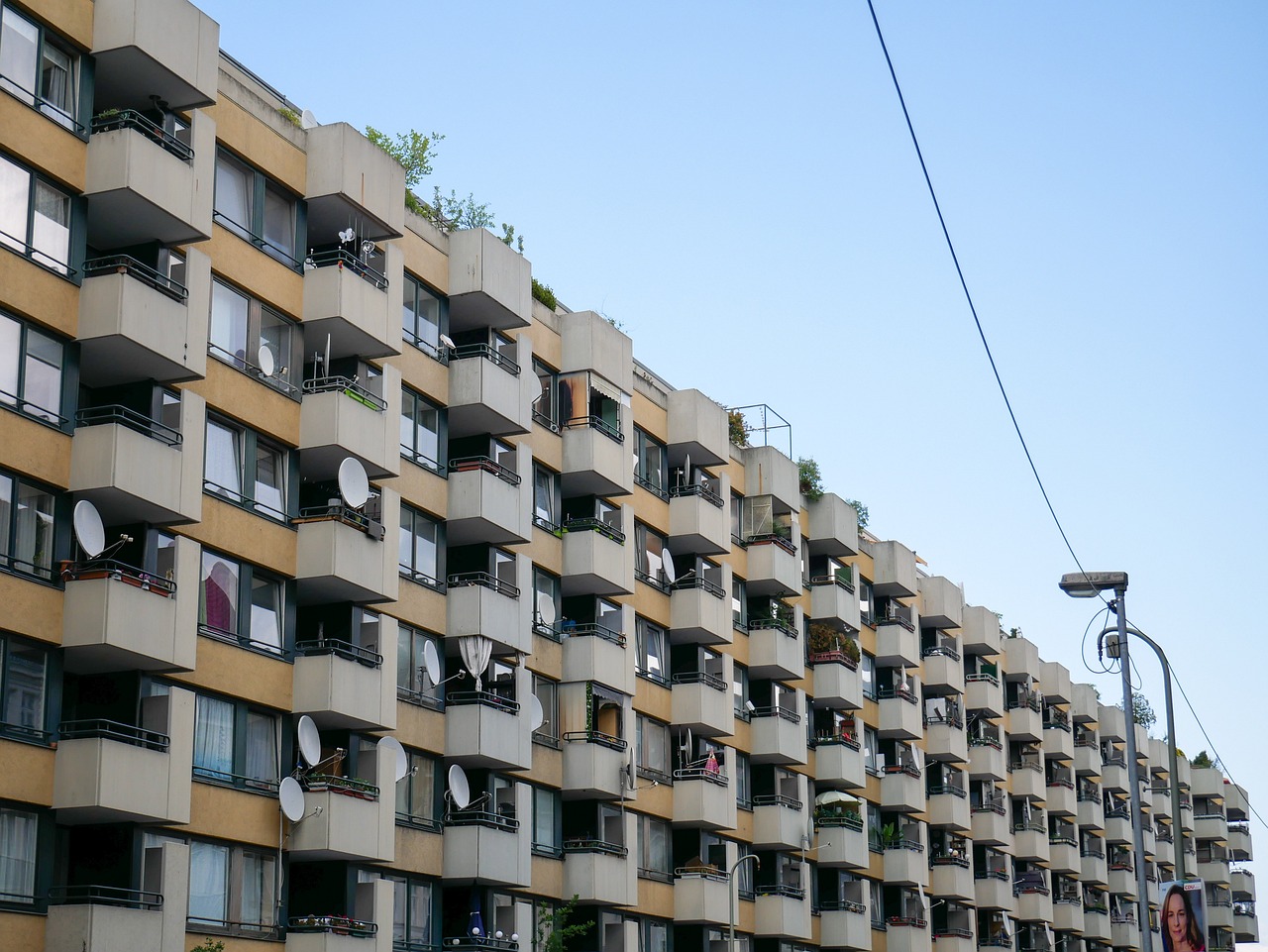Hungary’s housing market skyrockets in 2025: Why are investors turning to Hungarian real estate?

The housing market in Hungary has surged in 2025, with significant price increases. The main drivers of this rise in demand are the release of pension savings and the decline in yields on the previously lucrative government bond market, which are encouraging more and more people to invest their money in property. This phenomenon has triggered a substantial boom, particularly in the market for one- and one-and-a-half-bedroom flats, where nearly all sales are taking place rapidly as prices escalate.
In contrast, competition is less intense for detached houses and larger apartments, providing buyers with the opportunity to monitor price developments more closely and negotiate if necessary. Despite government targets for affordable housing, the measures have had the opposite effect, and prices have continued to rise.

Investing or building a home?
According to Szeretlek Magyarország, an analysis of current trends in the housing market reveals two distinct groups of buyers: those looking to purchase their own home and those seeking investment opportunities. Investors are particularly attracted to 1–1.5-bedroom semi-detached houses, as these are easy to let, have low maintenance costs, and can be sold quickly if required. Bargaining in this market is virtually impossible.
Those in search of larger apartments or detached houses, on the other hand, may prefer to wait, as price increases in these types of properties are currently driven more by psychological than actual demand pressures.

Compared with recent years, government bond yields are no longer competitive with the potential returns offered by real estate. While rental yields from real estate may be lower on their own, when combined with capital appreciation, they now present a more attractive alternative. Consequently, real estate has become the preferred choice for investors.
However, it is important to note that the real estate market has already passed the point where buyers could acquire properties at significantly advantageous prices. Following the announcement of initial government measures, sellers reacted swiftly by raising prices, which have now stabilised at high levels and are unlikely to decrease substantially in the near future.
Regional differences in Hungary: Budapest and its surroundings
The housing market in the capital remains the most active in Hungary, with significant price disparities between districts. According to Világgazdaság, average prices per square metre exceeded HUF 1.3 million (EUR 3,171) in District V and District XII, while in District II, homebuyers spent an average of HUF 120 million (EUR 292,683) per property.

New developments and infrastructure investments, such as the Grand Budapest project, have had a significant impact on local prices, particularly in Zugló and Újbuda, where the value of second-hand properties has risen alongside new housing. The largest housing price increases, ranging from 18% to 20%, were observed in Újbuda’s property market, the most dynamic in the capital.
Less sought-after areas of the capital, such as Csepel and Soroksár, continue to offer more affordable prices. In Soroksár, the average price per square metre is HUF 571,000 (EUR 1,393), significantly lower than in the city centre, making it an attractive option for buyers on a lower budget.
The regulation of short-term housing has had a noticeable impact on the investor market. In District VI, where prices per square metre previously exceeded HUF 1 million (EUR 2,439), these regulations have reduced demand and moderated prices. This has created opportunities for those seeking property for owner occupation or long-term rental.
Experience shows that once prices reach a higher level, they are very unlikely to decline. Even during economic downturns, sellers often wait rather than lowering prices. Therefore, buyers may need to adjust to current prices, especially for smaller investment properties, where no significant changes are expected. To ensure a successful purchase, experts advise buyers to stay well-informed, view multiple properties, and carefully consider their options. Sellers, on the other hand, are encouraged to list their properties at realistic prices and take market feedback into account.
Read also:







